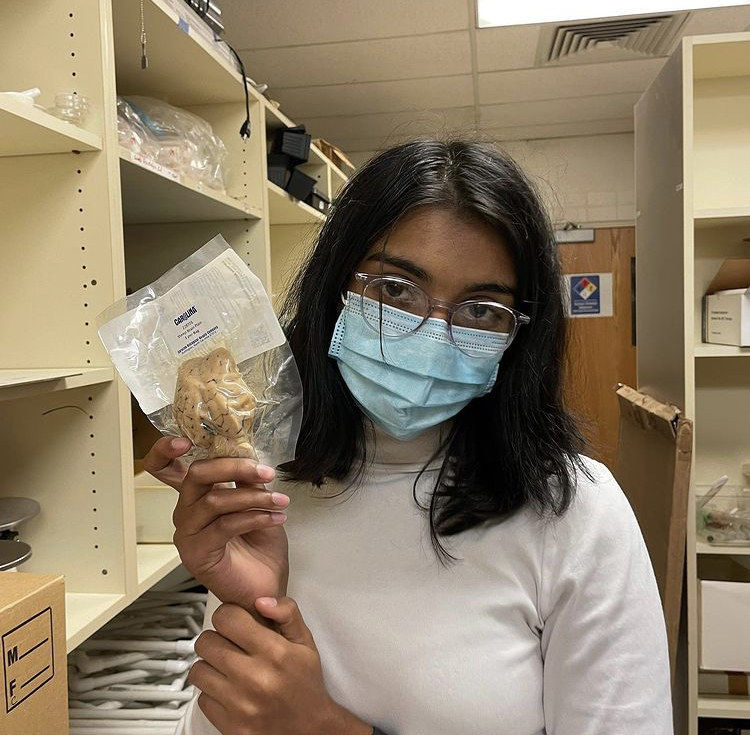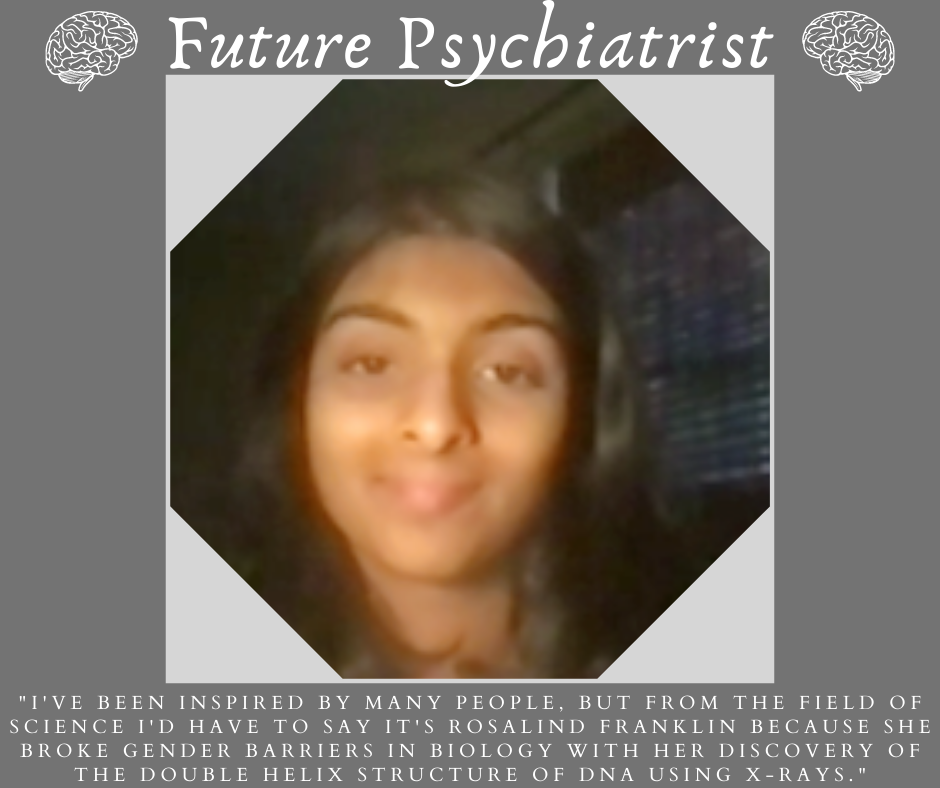It takes a village to preserve and protect our national parks. From park staff, volunteers, and the community at large it’s a big job that requires folks of all ages, experience, and abilities to tackle. This is why NPS organizations like the Southern California Research Learning Center (SCRLC) recruit community researchers to help park scientists answer crucial ecological questions. We can’t protect what we don’t understand, and we can’t understand without diverse assistants!
Enter the Boz Institute’s Research Immersion Program. This STEM (science, technology, engineering, math) initiative recruits high school and early college students to tackle problems in the real world. Boz asked their students, “How are humans affecting ecosystems and the species that live in them?”. We caught up with one of these youth researchers to learn how she is answering this question. See how she’s changing the world below!
Science educator Sam Wynns: What’s your earliest memory of being interested in STEM?
Researcher Viti Eachambadi: My earliest memory of being interested in STEM would have to be elementary school when I first made slime in an after-school program. I was intrigued by the mixture of different substances to create the slime and it inspired me to learn more about chemistry.
Science educator Sam Wynns: What problem would you love to solve with science?
Researcher Viti Eachambadi: With science, I'd like to delve deeper into how to solve problems relating to genetics, since that's a field I'm really passionate about. I became passionate about genetics in seventh grade, when I first learned about Punnett squares and how different traits are passed down from generation to generation. I also became further interested in this field through the first research program I did at Boz in 2020, where we explored the effects of different biological stressors on different genes.

Image courtesy V. Eachambadi – Viti holds up a preserved specimen in a laboratory.
Science educator Sam Wynns: Tell us about your research with Boz: What does it entail, and what are you hoping to achieve?
Researcher Viti Eachambadi: This research entails the conduction of DNA barcoding (mapping an organism’s DNA) in order to accurately relate the Black Abalone (_Haliotis cracherodii_) species to other similar species in the representation of a phylogenetic tree (tree of life). I hope to achieve the correct placement of Black Abalone on a phylogenetic tree in order to better understand them and how to preserve them since they are an endangered species.
Science educator Sam Wynns: How will your work with Boz and the National Park Service help you in your career or life?
Researcher Viti Eachambadi: I believe that my work with Boz and the National Park Service will help me better understand the world around me and to discover new methods of scientific research. I hope that it will also give me more research experience.
Science educator Sam Wynns: How would you like to impact the world?
Researcher Viti Eachambadi: I'd like to impact the world by discovering more efficient ways to perform scientific research by making research methods more reliable, precise, and environment friendly. In a world that continues to advance, I hope to make a contribution to the advancement of research, which I believe can open up avenues for finding more solutions to the world's problems.

Image courtesy L. Griffin – Viti speaking about where she wants to go with science and who inspires her.
Do YOU want to help us preserve and protect? Find a community science project near you at: https://www.citizenscience.gov/catalog/nps/#
More information:
About the Southern California Research Learning Center:
https://www.nps.gov/rlc/southerncal/index.htm
About the Boz Life Sciences Institute:
